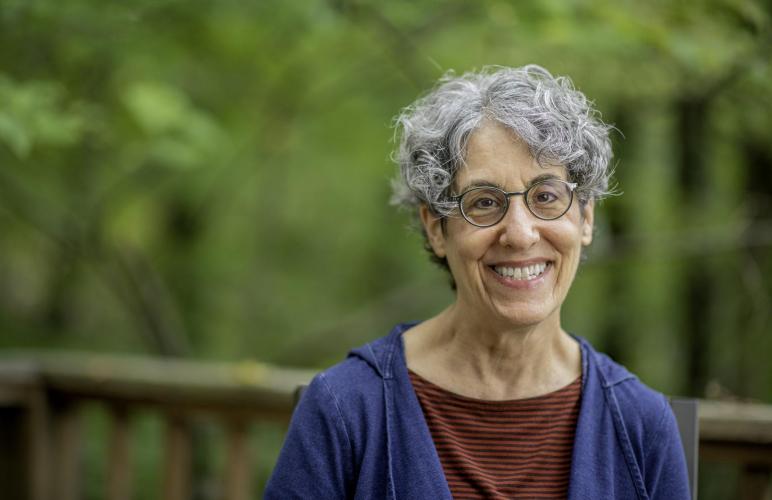
Social Medicine Frontiers series welcomes Jackie Wolf for talk on history’s role in countering anti-science and misinformation narratives

As part of the Social Medicine Frontiers series, the Ohio University Heritage College of Osteopathic Medicine will welcome Professor Emeritus of Social Medicine Jacqueline Wolf for a talk titled “Medical History: An Antidote for Anti-Science.”
The free event will take place on Tuesday, Dec. 9, from noon to 2 p.m. at the Medical Education Center, room 150, on OHIO's Athens campus and is part of an ongoing effort by Department of Social Medicine to foster dialogue at the intersection of medicine, society and public health. Those interested in attending can also watch the talk virtually at the Teams link here.
The Social Medicine Frontiers series brings together scholars, clinicians and students to explore how social, historical and ethical contexts shape medical practice and public health. Each session highlights work that pushes traditional disciplinary boundaries, encouraging participants to think critically about the broader forces that influence health and healing.
Wolf specializes in the history of women’s and children’s health and medicine, the history of public health, and the history of biomedical ethics. She is the 2025 recipient of the American Association for the History of Medicine’s Genevieve Miller Lifetime Achievement Award.
During Wolf’s 24 years as a professor at Ohio University, she published three highly acclaimed books and numerous articles; Wolf’s second and third books were supported by multi-year grants from the National Institutes of Health. Throughout her tenure at OHIO, Wolf was a scholar committed to public discourse, hosting shows on healthcare and medicine and publishing commentaries and op-eds. Most recently, Wolf has hosted and produced Lifespan, a fascinating podcast affiliated with WOUB in which she interviewed a wide range of guests about their experiences with medicine and health care.
In her upcoming talk, Wolf will discuss that understanding the past is key to addressing present-day medical misinformation and anti-science narratives. Drawing on three pivotal episodes in medical history including the crusade to lower infant mortality, the movement to eradicate polio, and the federal legislation during the Nixon and Reagan eras that challenged the notion of “wellness” as merely a personal responsibility, she will show how history can illuminate ongoing public health challenges.
“All three stories will demonstrate how history can speak directly to current threats facing public health,” Wolf explained.
